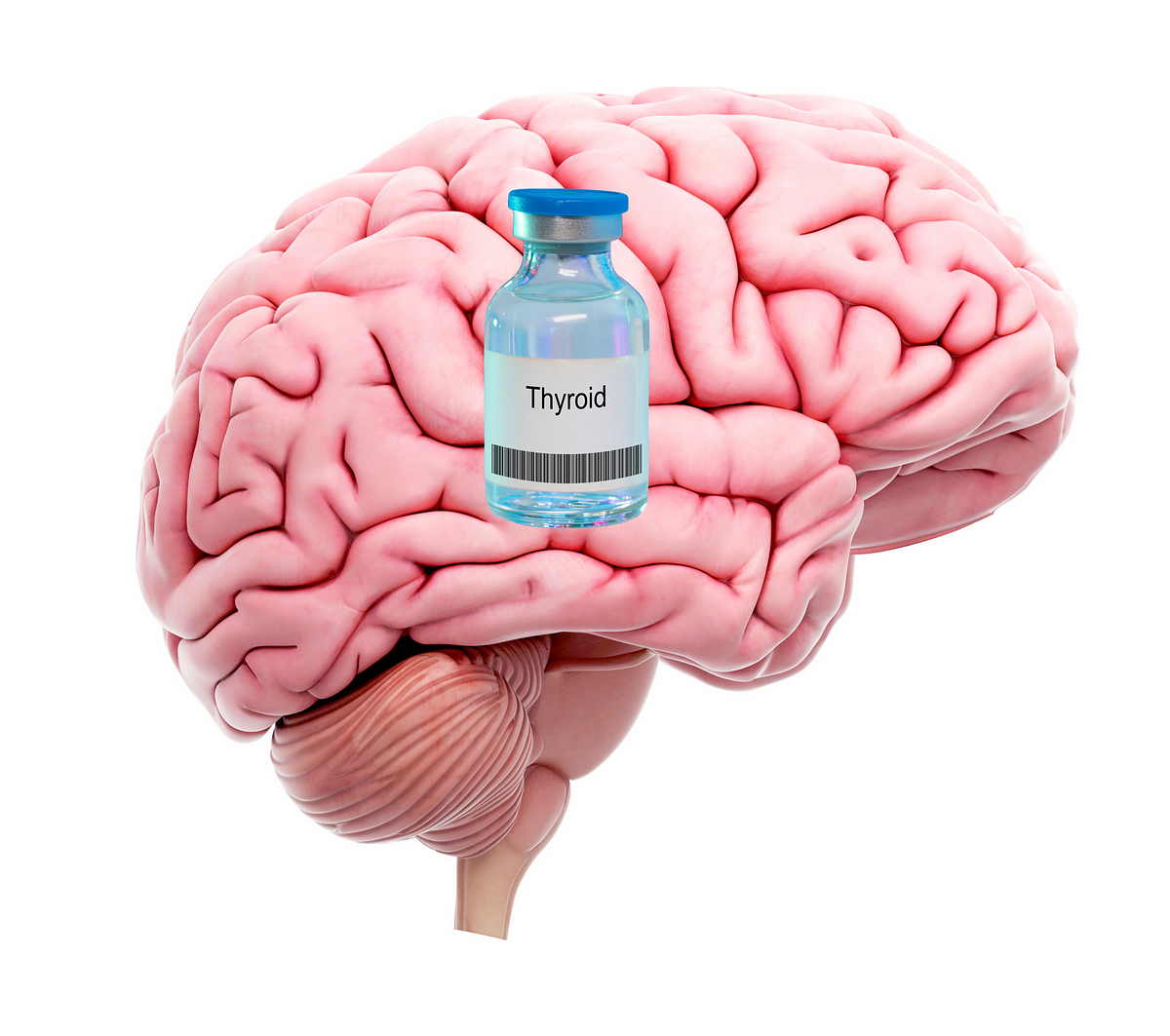Since radiation therapy for breast cancer caused my thyroid to become underactive, I have been taking thyroid medication for 20 years. According to my doctor, I have swallowed those little white pills for millions of months without giving it a thought, basking in the good knowledge of my body, checking my levels every few years. Now, I may need to pay more attention.
A new study from Johns Hopkins has found that older adults who have received excessive thyroid medication may be at increased risk for cognitive impairment. Moreover, the more toxicity given, the greater the chance of cognitive harm.
I am among the 19% of Americans whose thyroids are underperforming and who take thyroid supplements. According to GoodRX, thyroid medication is one of the most common prescriptions in the United States.
Many people inadvertently overdose. Other studies suggest that 20% of these prescribed thyroid hormones may be overtreated, putting them at risk for thyroid toxicity - excessive levels of thyroid hormones in the body - as other research indicates. And now, evidently, the increased risk of cognitive impairment is one of those side effects.
But balance is best. Too little thyroid hormone in the system is also not good for your health. Low thyroid hormone levels can lead to dry skin, mood swings, lack of energy, fogginess, thinning hair, constipation, weight gain, and feeling cold. Worse, diseases like osteoporosis and atrial fibrillation (an irregular heartbeat) can develop.
The Dance of the Thyroid
The thyroid is a small butterfly-shaped gland located beneath the skin, extending along the sides of the throat. It is thin, about 2 inches in size, and regulates critical bodily functions such as temperature, heart rate, metabolism, and digestion. It is part of the endocrine system. Like most endocrine glands, its functions are controlled by a complex signaling system.
